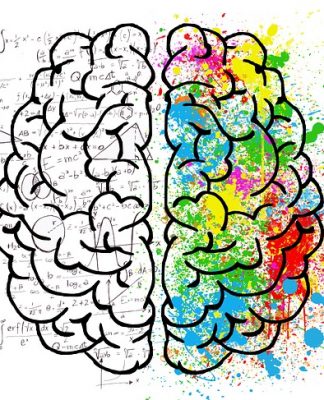There is no secret that substance abuse is on a rise among our youth. Adolescent and substance has always been one of those issues that have drawn attention both locally and nationally. Substance abuse had drawn so much attention that there are legal stipulations and other consequences for things such as underage drinking. I remember as a young girl when the Regan administration claimed the “war on drugs”. I also recall seeing on television the now late first lady Nancy Regan proclaim the “Just Say No” speech and campaign. While there is still that same war on drugs, the face of drugs has changed from the 1980s until now. No longer is the face of drugs an individual in his or her late 20s and 30s; the new faces are adolescents 12 and even younger. OPIOIDS… a small word for yet a powerful and even fatal drug. Opioids or opiates are medication used to relieve pain. They reduce the intensity of the pain signals reaching the brain and affect those areas that control emotion. Medications that fall within the opioid class are hydrocodone, oxycodone, morphine and codeine. These opioids often produce drowsiness, mental confusion, nausea, constipation and even a euphoric response. Prescription drug use, including opiate use is the highest among adolescents and young adults. According to the National Survey on Drug Use and Health (NSDUH) conducted in 2010, 5.9% of young adults age 18-25 reported prescription drug use for non-medical reasons. Among youth age 12-17, 3.0% reported prescription drug use for non-medical reasons. Prescription drug use such as opiates is the leading cause of addiction among youth. Why are prescription drugs the leading cause of addiction given strict laws and stiff prison terms if one is found in possession? The answer is simple… accessibility. Prescription drugs are more easily accessible than many other illicit drugs. Unlike those who use marijuana or alcohol where accessibility is limited, most children find prescription drugs in the family’s medicine cabinet. But if you thought that was surprising, look at the reasons that 7216 middle and high school youth who were surveyed about prescription drug use gave for abusing prescription drugs:
62% said they used them because they were easy to get from the family medicine cabinet.
52% claimed use due to easy access ‘available everywhere’.
51% said they used these pills because of their legality (not illegal like other illicit opiates).
50% claimed they were easy to get through a friend’s prescription.
49% used at least in part because they could claim to have a legitimate prescription for the drugs if caught and questioned.
43% reported low cost as a motivator for use.
35% perceived pain pills to be safer than other street drugs.
33% reported less stigma attached to use of pain pills.
32% reported easy access via the internet.
32% reported using because of fewer side effects than street drugs.
21% reported using because parents weren’t as angry if you were caught with pain pills as opposed to street drugs.
Accessibility and affordability appears to be the two main reasons that adolescents begin using prescription drugs. As parents/caregivers, clinicians, teachers, coaches, and mentors we also need to be aware of (1) why youth are engaging in substance abusing behaviors and (2) what can we do to prevent use. For many adolescents, drug use always starts with experimentation. Youth experiment for many reasons: boredom, to rebel, to escape, to fit in, or to seem grown-up. On the other hand, there are also youth who experiment to relieve depression, stress, anxiety or some other mental health disorder. But experimentation can quickly spiral into full dependence. As parents/caregivers, the first step is to talk to teens about issues they are facing at home, school, with friends, peer pressure etc. Find out what is going on and then give them healthy and appropriate outlets to engage in. These can include sports, clubs, music, or friends who can provide a good influence. There are also programs that can assist parents who think that their child may have an addiction problem. For parents/caregivers who need additional resources regarding substance abuse treatment or information, visit www.samhsa.gov.
Remember, no one uses drugs and alcohol with the intention of becoming addicted. They become addicted because they do not have the adequate support or resources to be able to cope with life issues.
References
Substance Abuse and Mental Health Services Administration, Results from the 2013 National Survey on Drug Use and Health: Summary of National Findings, NSDUH Series H-48, HHS Publication No. (SMA) 14-4863. Rockville, MD: Substance Abuse and Mental Health Services Administration, 2014. http://www.samhsa.gov/data/sites/default/files/NSDUH-DetTabs2013/NSDUH-DetTabs2013.htm#tab1.1b 3
The 2013 Partnership Attitude Tracking Study. (2014, July 22). Retrieved March 27, 2016, from http://www.drugfree.org/wp-content/uploads/2014/07/PATS-2013-FULL-REPORT.pdf




















